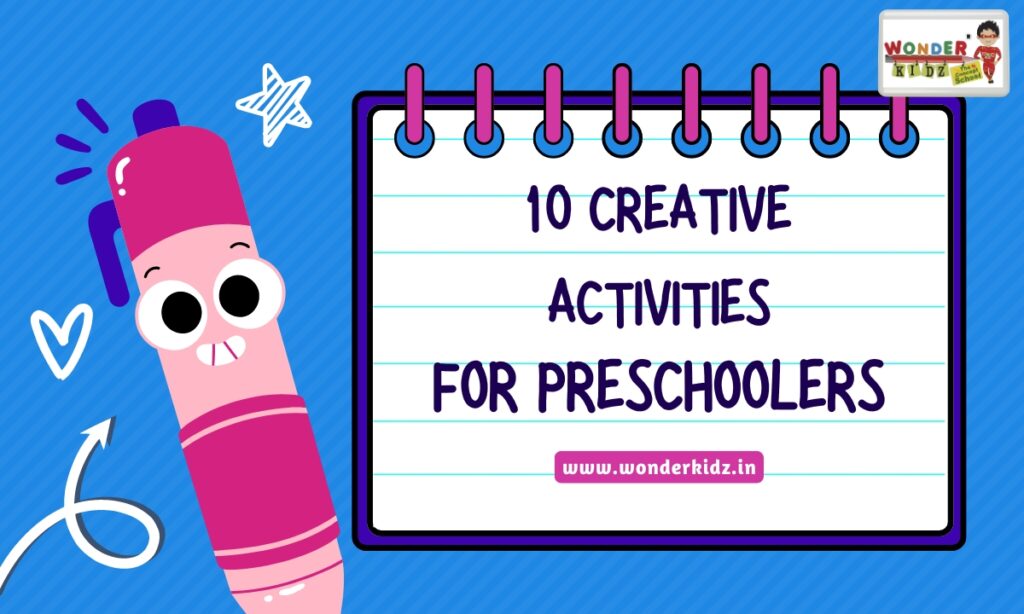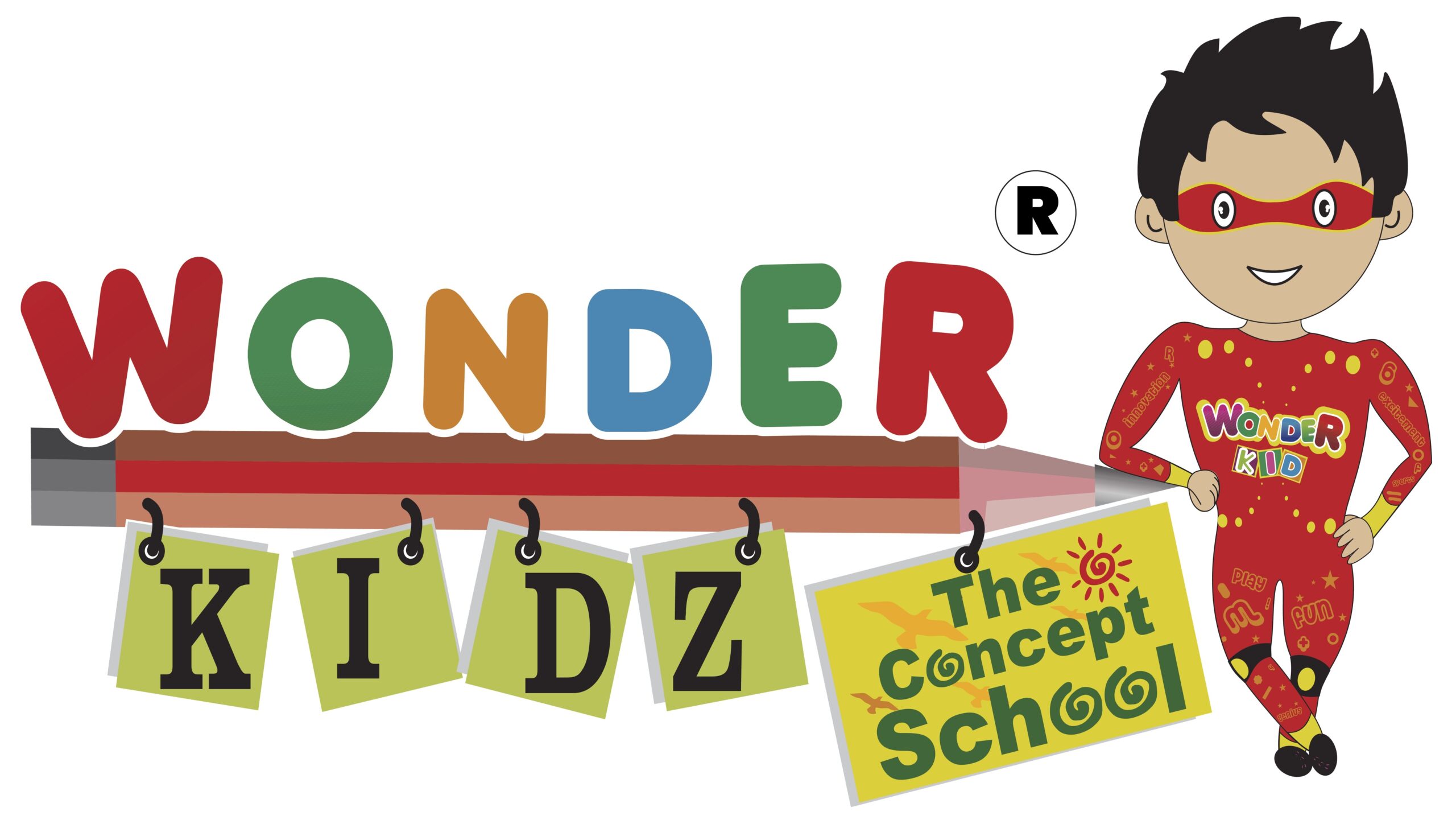Keeping preschoolers engaged can be a challenge, but with the right activities, you can channel their boundless energy and curiosity into productive playtime. Whether you’re a parent, caregiver, or educator, having a toolkit of creative activities is essential. These activities help children develop key skills like fine motor coordination, problem-solving, and social interaction—all while having fun.
Below, we explore 10 creative activities to keep preschoolers entertained and engaged.

1. Introduction
Preschoolers are naturally curious and full of energy. Their minds are like sponges, absorbing information from everything around them. At this stage, engaging them in creative activities is crucial for their overall development. Hands-on activities not only keep them busy but also help develop cognitive, social, and motor skills. In this article, we’ll explore 10 creative and simple activities that will keep preschoolers entertained while fostering their growth.
2. Sensory Play with Playdough
Playdough is a classic activity that children love. It’s colorful, squishy, and full of possibilities. Playing with playdough allows preschoolers to develop their fine motor skills by rolling, pinching, and shaping it into various forms. It also boosts their creativity as they create different objects like animals, shapes, or even imaginary creatures. You can make the activity even more exciting by providing tools like cookie cutters or plastic knives for them to use.
Why It’s Great:
- Develops hand strength and coordination
- Enhances creativity through tactile play
- Introduces children to colors, shapes, and textures
3. Art with Nature
Combining outdoor exploration with art can create a fun and engaging experience. Collect leaves, flowers, twigs, and pebbles during a nature walk, and use these materials to create beautiful collages or prints. It’s a great way to introduce children to the natural world while fostering their artistic side.
Why It’s Great:
- Encourages outdoor exploration and connection with nature
- Develops creativity using natural materials
- Promotes awareness of seasons and the environment
4. Storytelling with Puppets
Puppets offer a wonderful opportunity for children to let their imagination run wild. Whether it’s homemade sock puppets or store-bought ones, these characters can be used to tell stories, act out favorite books, or create entirely new narratives. Through this activity, preschoolers can build language and communication skills, as well as boost their creativity.
Why It’s Great:
- Fosters imaginative thinking
- Enhances language and communication skills
- Encourages social interaction and collaboration
5. Simple Science Experiments
Preschoolers love to see things change and react, making simple science experiments a fantastic way to keep them engaged. Experiments like mixing baking soda with vinegar or creating a rainbow with water, soap, and a CD can introduce them to basic scientific concepts in a fun and approachable way.
Why It’s Great:
- Sparks curiosity and critical thinking
- Teaches basic cause and effect
- Boosts problem-solving skills
6. Building with Blocks and Legos
Building blocks and Legos are timeless activities that promote creative thinking and problem-solving. Preschoolers can stack blocks, create structures, and even design entire cities. This type of play helps them understand spatial awareness and enhances their hand-eye coordination.
Why It’s Great:
- Encourages logical thinking and engineering skills
- Improves fine motor development
- Fosters creativity and imaginative play
7. Music and Movement Activities
Music plays a vital role in early childhood development. Engaging preschoolers in music and movement activities like dancing, clapping to the beat, or playing simple instruments like tambourines can improve their coordination and rhythm. It also helps in the development of listening skills and encourages them to express themselves.
Why It’s Great:
- Enhances coordination and rhythm
- Encourages self-expression and creativity
- Improves listening and concentration skills
8. Dramatic Play and Dress-Up
Dramatic play allows preschoolers to step into someone else’s shoes, whether it’s pretending to be a doctor, superhero, or chef. Providing a box of costumes and props can lead to endless hours of imaginative play. This activity helps them develop social skills, emotional empathy, and problem-solving abilities.
Why It’s Great:
- Nurtures creativity and imagination
- Develops empathy by exploring different roles
- Encourages cooperative play
9. DIY Obstacle Course
Setting up an obstacle course at home or outside is a great way to encourage physical activity while keeping children engaged. Use household items like pillows, chairs, and ropes to create a fun and challenging course. This activity is excellent for improving balance, coordination, and gross motor skills.
Why It’s Great:
- Promotes physical fitness and coordination
- Encourages problem-solving and persistence
- Can be easily customized for different skill levels
10. Gardening Together
Gardening is a wonderful way to teach preschoolers about nature and responsibility. You can start by planting seeds together and watching them grow over time. Children will learn about the life cycle of plants and gain a sense of responsibility as they care for their little garden. Plus, digging in the dirt can be a lot of fun!
Why It’s Great:
- Introduces children to nature and plant life cycles
- Teaches responsibility and patience
- Provides a hands-on learning experience
11. Conclusion
Creative activities are not just about keeping preschoolers occupied—they’re essential for their development. Whether it’s building social skills through storytelling or improving motor skills with playdough, these activities offer a wealth of learning opportunities. By incorporating these creative play ideas into your daily routine, you’ll help your child grow cognitively, emotionally, and physically.
Investing in a WONDER KIDZ Preschool Franchise can be a rewarding decision, both financially and personally. However, it requires careful consideration and planning. If you’re passionate about early childhood education and ready to take on the challenge, it could be the perfect opportunity for you in 2024.If you are interested in becoming a WONDER KIDZ franchisee or would like more information, please (Click Here) or call or WhatsApp at +91 94256 03871.
FAQs
1. How can I keep my preschooler engaged without using screens?
Incorporating hands-on activities like playdough, nature art, and obstacle courses can keep your preschooler engaged and entertained without screens.
2. How do creative activities benefit a child’s development?
Creative activities help develop fine motor skills, enhance cognitive development, and improve social and emotional skills through hands-on learning and imaginative play.
3. What are some safe science experiments I can do with my preschooler?
Simple experiments like baking soda and vinegar reactions or creating rainbows with water and soap are safe and educational for preschoolers.
4. Can dramatic play help my child’s social skills?
Yes, dramatic play encourages children to interact with others, understand different perspectives, and improve their social and emotional skills by acting out various roles.
5. How can I encourage my child to enjoy outdoor activities?
Combining outdoor activities with creative play, such as gardening or nature art, can make spending time outside more fun and engaging for your child.
